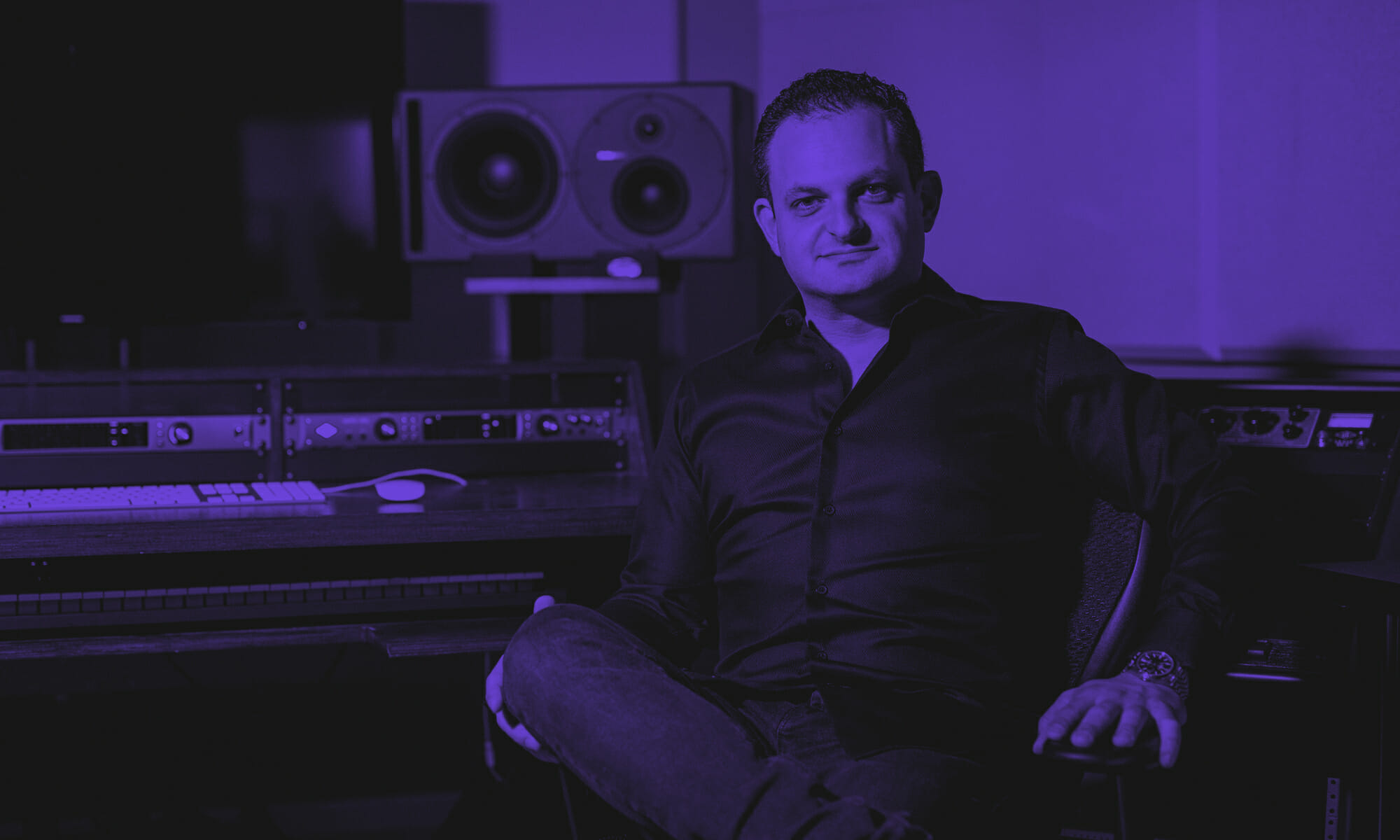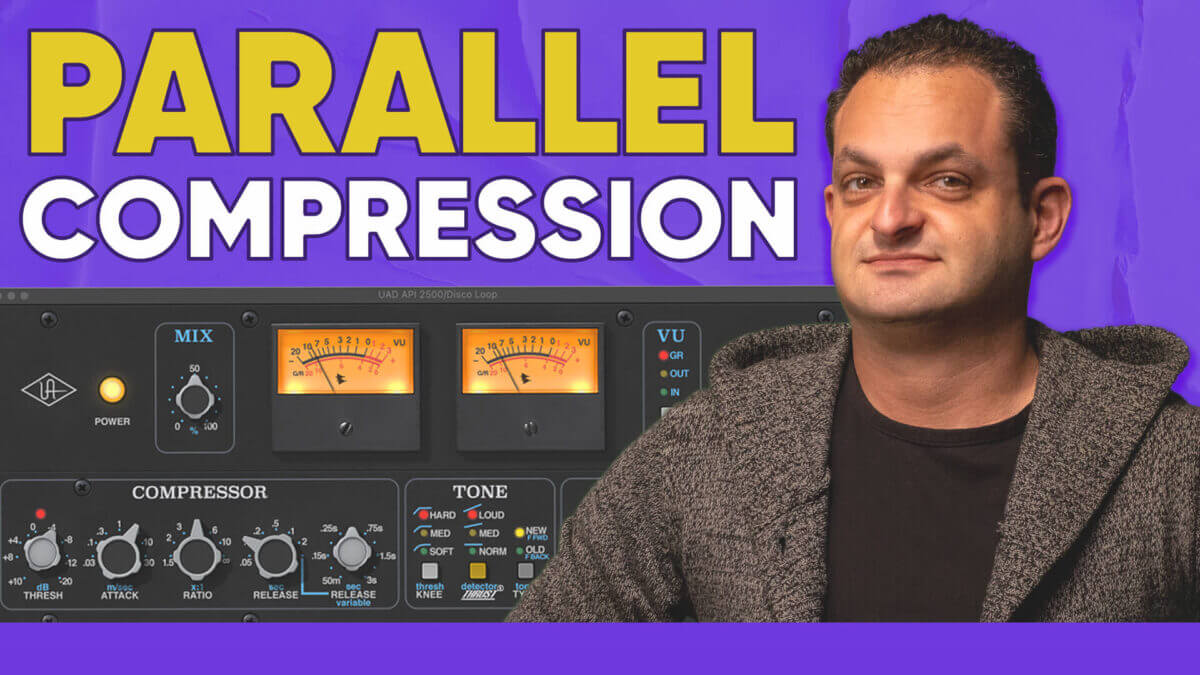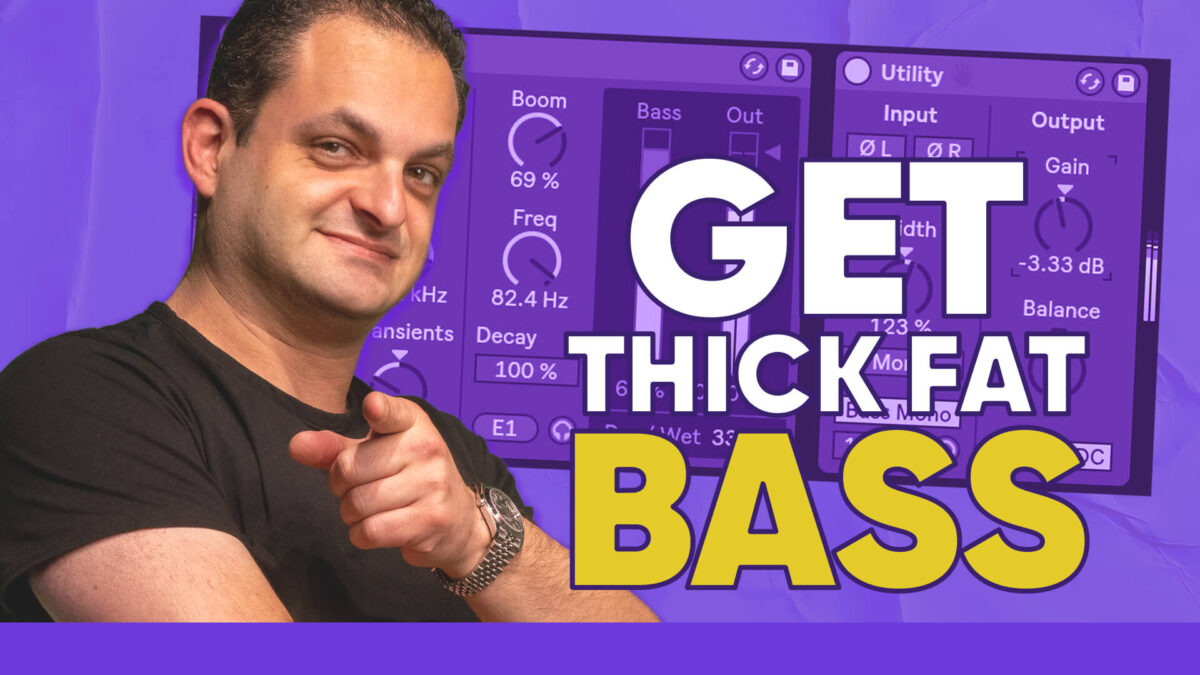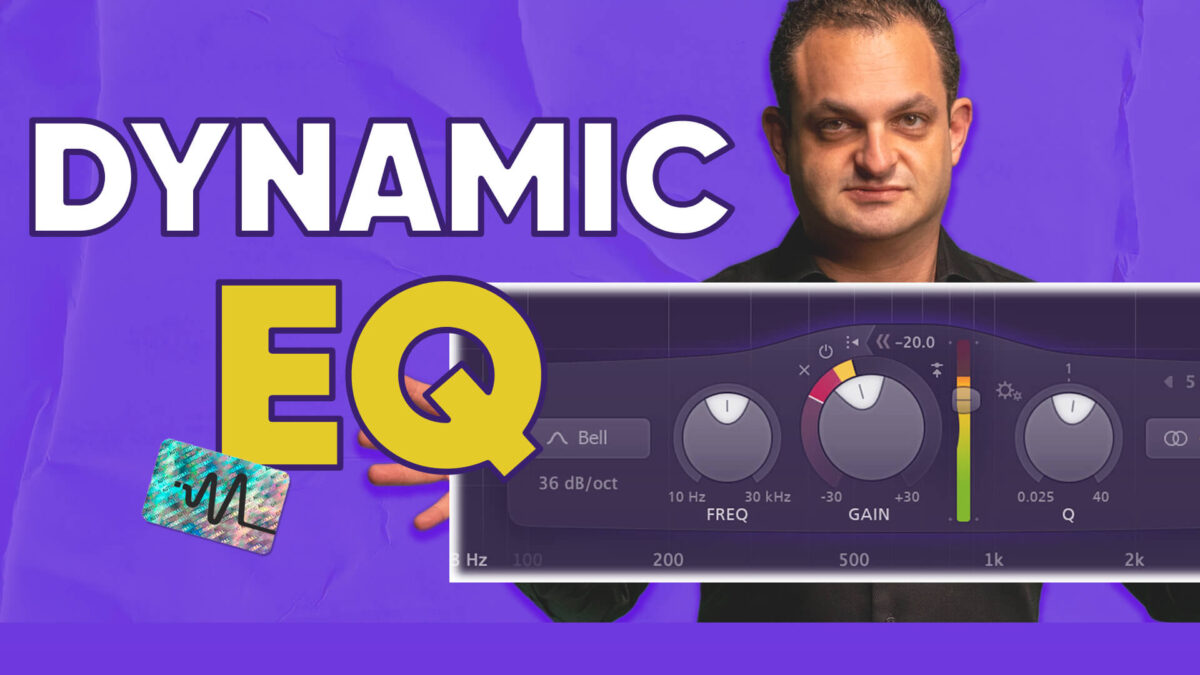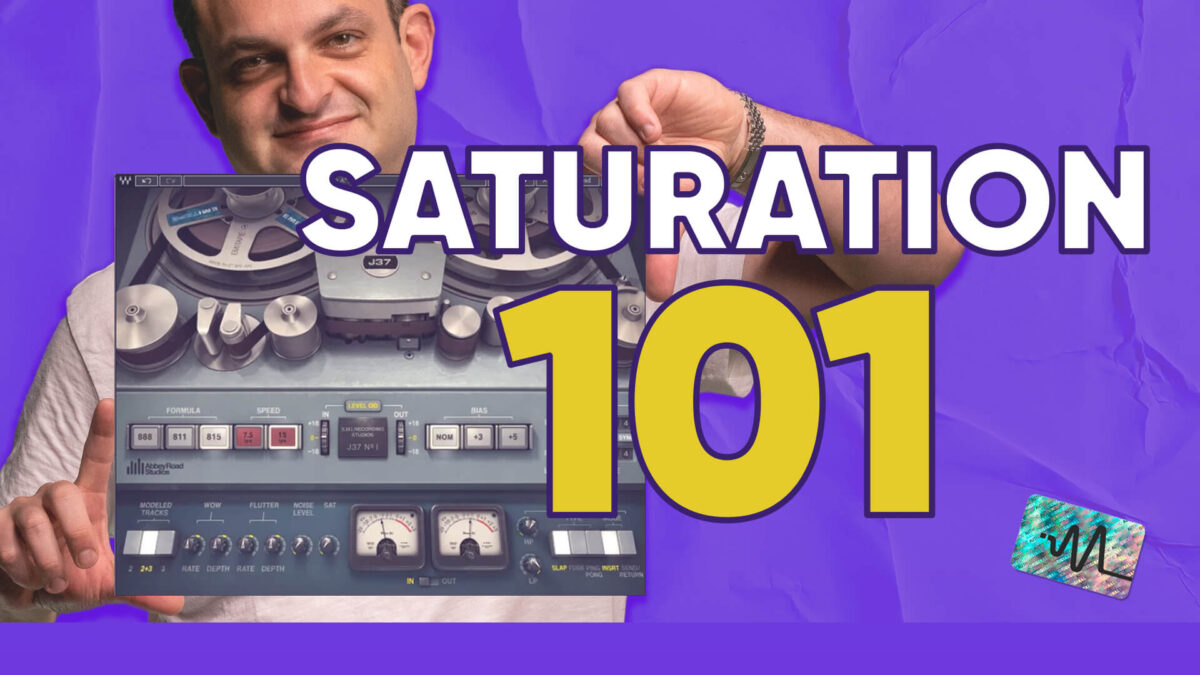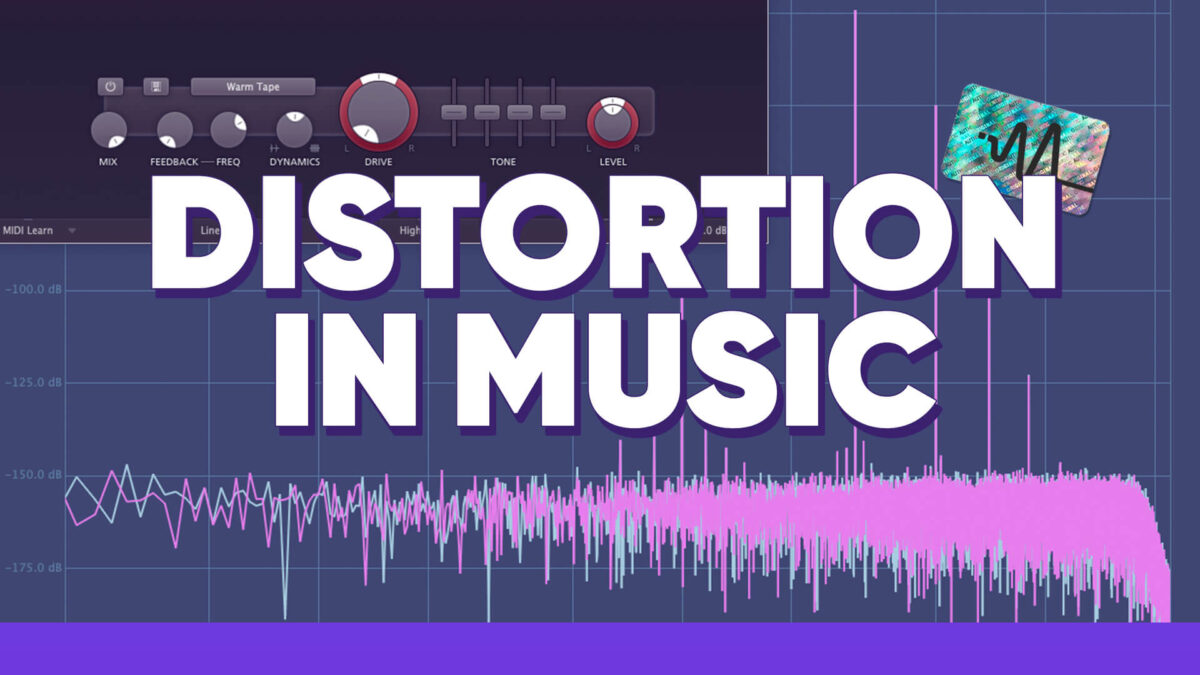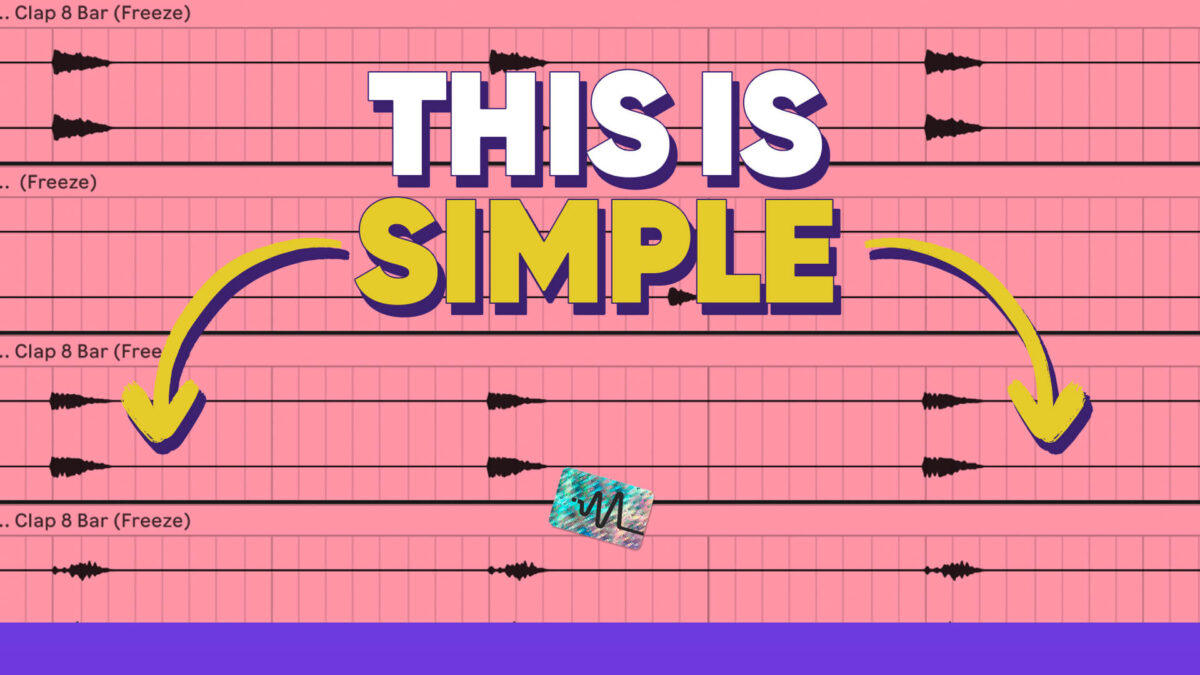Some people may consider mastering costs to be out of their limited budget. But mastering is an essential part of music production and it can make your tracks sound professional and polished. The high cost of mastering made people curious about why mastering is so expensive. Although mixing and recording can cost more, mastering is one of the most important steps in the final post-production process for your music and can really change the sonic quality and characteristics of your art.
In this video, I discuss the high cost of mastering in detail and answer a common question “Why mastering is so expensive.” I mention different factors that can affect the price of mastering, such as the experience and accolades of the mastering engineer, the use of analog gear, the cost of expensive monitoring, and the importance of having a properly acoustically treated room. And most importantly how skilled the mastering engineer’s ears are at listening to frequencies and knowing what the potential problems are and how to fix them.
If you’re holding back on mastering your music you could be missing out and not giving the music its full potential. Especially in the electronic and dance music space a lot of labels seem to prefer mastered material. You only have one chance to set your best foot forward so why not master your music before sharing it for potential record signings or release it without being mastered? These questions come up a lot so I try to address the truth behind the costs of mastering and why you should not skip this important final step.
GET A FREE STEREO MASTERED SAMPLE
Continue reading “Truth Behind High Mastering Costs (5 Reasons Why Is It Expensive)”
